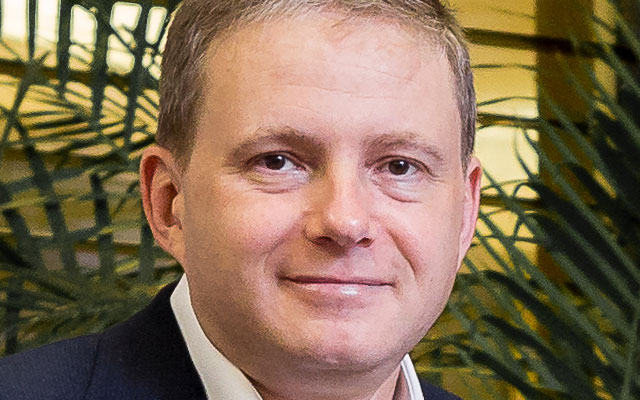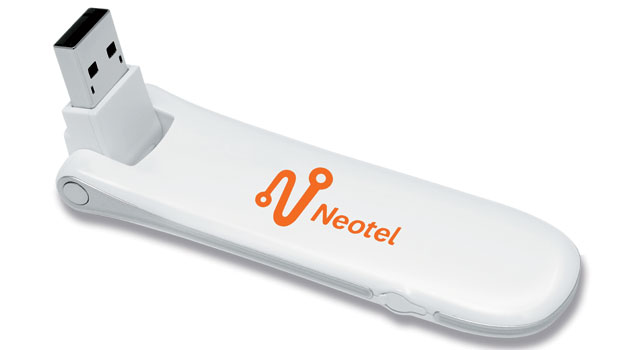
Liquid Telecom, the fast-growing pan-African telecommunications operator controlled by Zimbabwean billionaire Strive Masiyiwa, will spend billions of rand expanding newly acquired subsidiary Neotel’s data centres, wireless networks and fixed-line broadband infrastructure.
Nic Rudnick, Liquid’s CEO, said in an interview this week that this includes a plan to take advantage of Neotel’s spectrum assets. Neotel is the only telecoms operator in South Africa with valuable “digital dividend” spectrum below 900MHz, and Rudnick has hinted that Liquid has big plans to exploit this frequency band in both urban and underserviced areas.
Under new management, Neotel will shed its image as South Africa’s “second network operator” – it was originally licensed to break Telkom’s monopoly – and become a leader in telecoms, Rudnick said.
On Friday, Liquid, which operates in 15 markets across Africa, completed the R6,5bn acquisition of Neotel from India’s Tata Communications and other shareholders, giving the Econet Group subsidiary its first significant presence in the South African market. Liquid swooped on Neotel after Vodacom, under regulatory pressure, failed to consummate a deal with Neotel.
Liquid is taking a 70% stake in Neotel, with Royal Bafokeng Holdings buying the remaining 30%, ensuring that the company is empowered at an equity level.
Already, Liquid has moved to change Neotel’s branding, dropping its trademark orange colour in favour of a blue and pink motif that emphasises the Liquid Telecom name. The Neotel name will, however, stay for now, though the company will now go to market as “Neotel Liquid Telecom”.
An early priority for Liquid Telecom will be merging the two companies’ networks to create a single infrastructure across its 15 African territories. “That will provide the ability for enterprises to connect across the continent where we have a footprint on a completely seamless basis,” Rudnick said. “It will be as easy to connect from South Africa to any of the other countries as it will to connect from one side of South Africa to the other.”
Operations will also be integrated in quick order. A new CEO has been found, and will be named in the coming weeks. The new CEO is not South African, but has extensive experience in African and international telecoms, Rudnick said.
The new shareholders have recapitalised Neotel, wiping out its debts and giving it a robust balance sheet that will allow it to begin upgrading its network, Rudnick said.

“Neotel tomorrow moves from being hamstrung with an unsustainable burden of debt to having substantial cash reserves. We have already raised meaningful capital and refinanced existing debt, which has further improved the position. Neotel starts tomorrow in a very healthy financial position.”
Liquid now plans to upgrade Neotel’s network, including its fibre footprint. It will also pump money into new data centres to take advantage of the explosive growth in demand for cloud computing and invest in wireless broadband.
“We will be making use of Neotel’s spectrum assets to provide a whole new generation of services,” he said, pointing out that those assets — in the 850MHz, 1,8GHz and 3,5GHz bands — are well suited to building both 4G/LTE and future 5G networks.
“We will make very good use of 850MHz – we have great plans for that as it will allow us to do some very smart things and provide services inside buildings. We have a roll-out planned for that spectrum,” he said. “We are very happy to have it because it allows us to do some very clever things that are not currently happening in the market. It will give us very good in-building coverage, particularly once 5G gets launched.”
With Royal Bafokeng Holdings, Neotel will also focus on providing access in underserviced areas. “We will look at increasing coverage in some of the outlying areas, not only rural, but also outlying towns that tend to be overlooked.”
Though Liquid Telecom’s principal focus has been on the business and enterprise segments, the recapitalised Neotel will continue to serve the retail consumer market, where it has more than 100 000 clients. However, its legacy CDMA network will be discontinued in favour of newer technology.
It will also deploy fibre to the home, but will be careful not to duplicate infrastructure to ensure a return on investment. “We won’t be rushing into Parkhurst.”
Rudnick declined to comment on the scandal that engulfed Neotel in 2015, when the company was accused of making illicit payments to a letterbox company called Homix — believed to have links to the Gupta family — to secure a multibillion-rand deal with Transnet. He said Liquid adheres to “the highest ethical standards” in all markets in which it operates. “Neotel will be operated according to those same high standards.”
Meanwhile, Liquid Telecom is still mulling the option of listing on a stock market, either in Europe or Africa. Econet founder Masiyiwa first raised the prospect of an initial public offering in 2015, and Rudnick said this week that his statement “remains valid”.
“We’re not rushing towards a listing, but it’s something we will continue to explore,” he said.
- This article was also published in the Sunday Times of 12 February 2017

